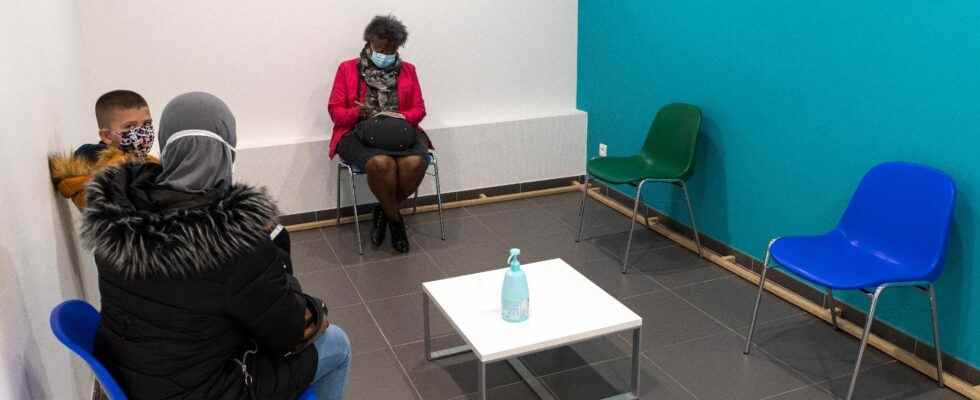YES. “We need to change mentalities”
By Patrice Tran Ba Huy, Honorary President of the National Academy of Medicine
We are in a context of health emergency where nearly 6 million French people do not have a doctor. However, various surveys show that 6 to 10% of patients do not come to the appointment, which represents two hours of weekly time wasted to the detriment of other patients who often go to the emergency room and contribute to the overcrowding of hospitals. It is estimated that these “rabbits” number 27 million per year, or in times of shortage of caregivers, the equivalent of the working time of 4,000 doctors. It is totally unacceptable. The main reason is due to the development of digital medicine, in particular the weight of appointment booking platforms [NDLR : de type Doctolib] which allow anyone to take one, two or even three dates at the same time, all disciplines combined. Added to this is a real societal drift that I have observed for a few years where individualism takes precedence, especially on the part of the younger generations who are the most customary of these “rabbits” and are causing medical consumption to explode.
To return to a form of accountability, we have to go through the wallet because a good part of society believes in almost free medical care. This must be done by paying even a symbolic sum (from 1 to 5 euros) when making an appointment. The French Union for Free Medicine has even calculated that a penalty of 5 euros on a quarter of missed appointments would bring in more than 30 million per year. But legally we cannot claim money until the medical procedure has been performed. We are therefore campaigning to modify the public health code, apart from another essential step with the platforms which technically can reduce the cancellation periods, or even sanction repeat offenders. But beyond that, to get out of the crisis that is going through the health system in France, it will be necessary to change mentalities.
NO. “A missed appointment is often not trivial”
By Léa Charton, general practitioner in Strasbourg, director of a thesis on missed appointments in general medicine
Why prepay medical consultations? To avoid “rabbits” probably. These missed appointments which would terribly disrupt the healthcare system, partly explaining its current collapse. There are several problems with this reasoning. First, he is not interested in who misses medical appointments and why. Such a study was already carried out in Ireland in 2019 on 824,374 patients and showed that “patients with more long-term conditions (especially mental disorders) have an increased risk of missing appointments. you medical” and that those “who missed more than two appointments per year have a risk of mortality from all causes combined more than eight times higher than those who did not miss any”. Missed appointments would therefore constitute a marker of frailty and risk of early mortality.
Secondly, this reasoning places the responsibility for the dysfunctional healthcare system on the patients, forgetting the responsibility for decades of political inaction which have resulted in a shortage of healthcare personnel and degraded working conditions at the hospital. hospital as in town. This view of things is also not interested in the difficulties that patients have in making or canceling appointments. And what about patients in a precarious situation who cannot advance medical expenses? They will be de facto excluded from the healthcare system by this discriminatory measure. If the patient misses his appointment, is it legal, even ethical, to charge for an act that did not take place?
It seems to me that by always wanting to “empower” patients, we forget the primary vocation of the health professions: care. Let’s find out what lies behind a missed date, often it is not trivial. “You had an appointment today and did not come, I hope you are well? Do not hesitate to reschedule an appointment” is the SMS that patients who miss an appointment in my office receive .
